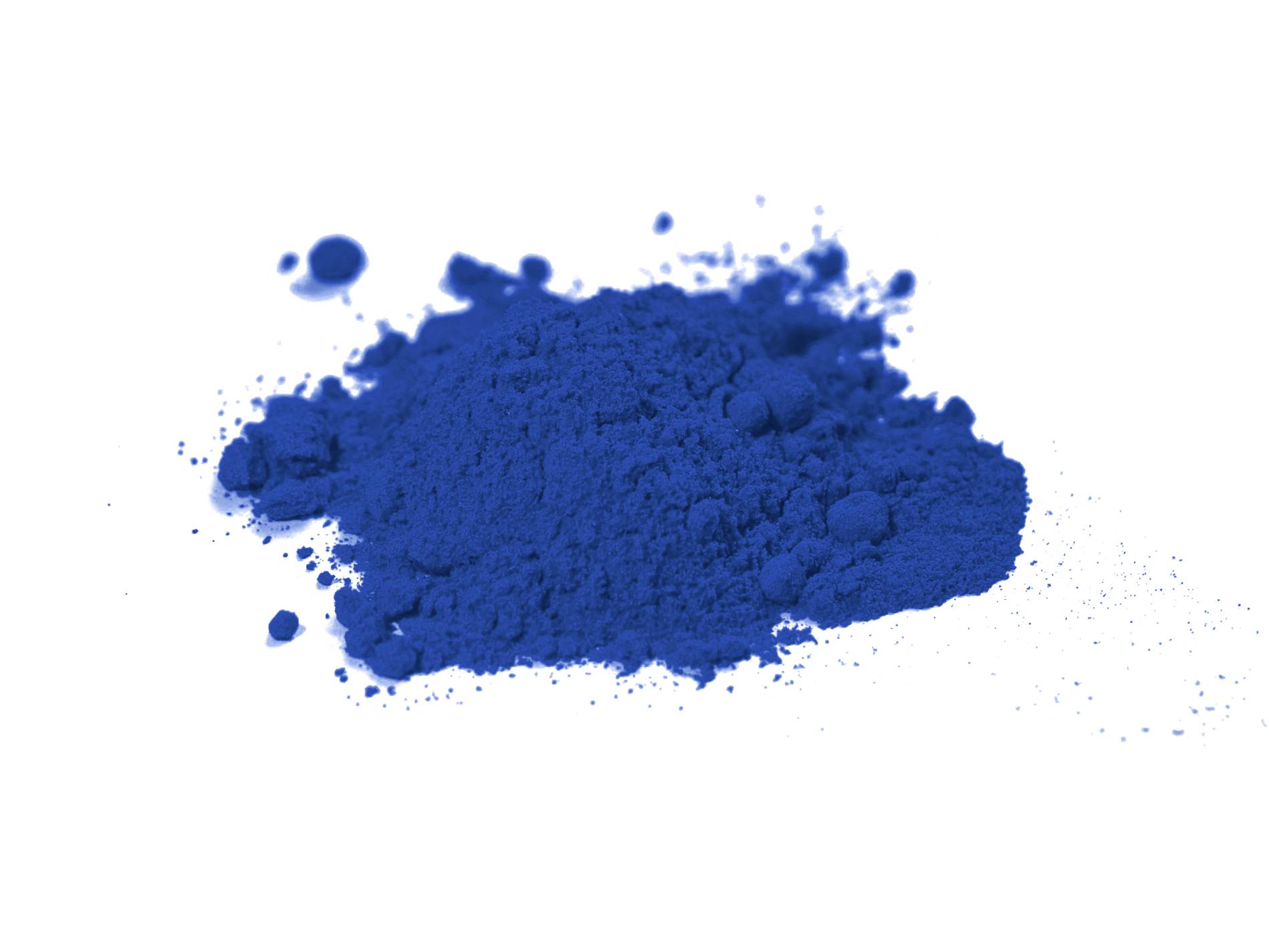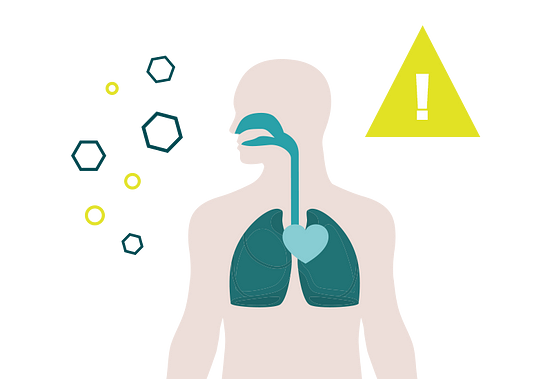Many industries use cobalt in their production processes. The metal can be found in electric vehicle batteries or airbags, and it's a useful drying agent in paints and varnishes. The beautiful blue color of cobalt also makes it a popular material for dyes and pigments. Unfortunately, cobalt also plays a role in some serious health problems. But there's good news: You can take measures to protect yourself and your staff.

Cobalt is a metal naturally found in rock, soil, water, plants, and animals. It is blue-gray in color and known as a fairly hard metal. Cobalt is also very rare – it makes up only 0.0026 % of the earth's crust.
Though it may be uncommon, cobalt is an important part of the manufacturing process for a number of different industries, from aviation to medical technology to electric vehicles. It has applications in the aerospace industry, and can also be used to manufacture cutting tools and catalytic converters. In some cases, it will be used to color glass, ceramics, or porcelain.
Yes and no.
Cobalt is harmless if it's not being handled or touched. As long as it stays on the outside of the human body, it won't pose any harm.
However, keeping cobalt out of the body isn't as easy as you might think, because of a problem known as cobalt dust. These fine particles are produced during manufacturing processes, and inhaling cobalt dust can lead to serious health issues.
Because cobalt dust is so fine, it can enter the body when inhaled or consumed accidentally with food and water. From there, it passes through the lungs and the gastrointestinal tract.
The symptoms from inhaling cobalt dust are serious. First, poisoned individuals will experience nausea, headache, and dizziness, but those are just the early signs of something far more serious. Soon, they'll experience breathing problems, and their lungs may be permanently damaged.

Just how dangerous is cobalt dust? That depends on the quantity inhaled.
According to a study published in the National Library of Medicine, about half the amount of cobalt dust inhaled can remain in the longs after six months.
The Occupational Safety and Health Administration (OSHA) names the different health problems that can be caused by dust inhalation, including "interstitial fibrosis, interstitial pneumonitis, myocardial and thyroid disorders, and sensitization of the respiratory tract and skin."
If there is long-term exposure, cobalt dust may "also produce polycythemia and hyperplasia of the bone marrow."
OSHA cites one particularly serious case in which 12 manufacturers who worked closely with cobalt dust developed interstitial lung disease. For eight of these workers, the illness was fatal.
OSHA lays out guidelines to help employers reduce the risks of cobalt dust in the workplace. This includes:
Business owners should take further steps to mitigate the dangers of cobalt dust by:
However, there is no more effective way to reduce the hazards of cobalt dust than with an industrial air purifier that can capture harmful particles before they reach employees' lungs.
With the right air purifier, workers will be protected around the clock.
The industrial air purifiers from Zenhner Clean Air Solutions are designed to extract cobalt dust at the source, making sure it's removed from the air before it can do any harm.
Your entire team can breathe easy and stay safe, which in turn will boost productivity and improve your employee turnover rates. Clean air isn't just a win for your staff, it's a win for your corporate image.